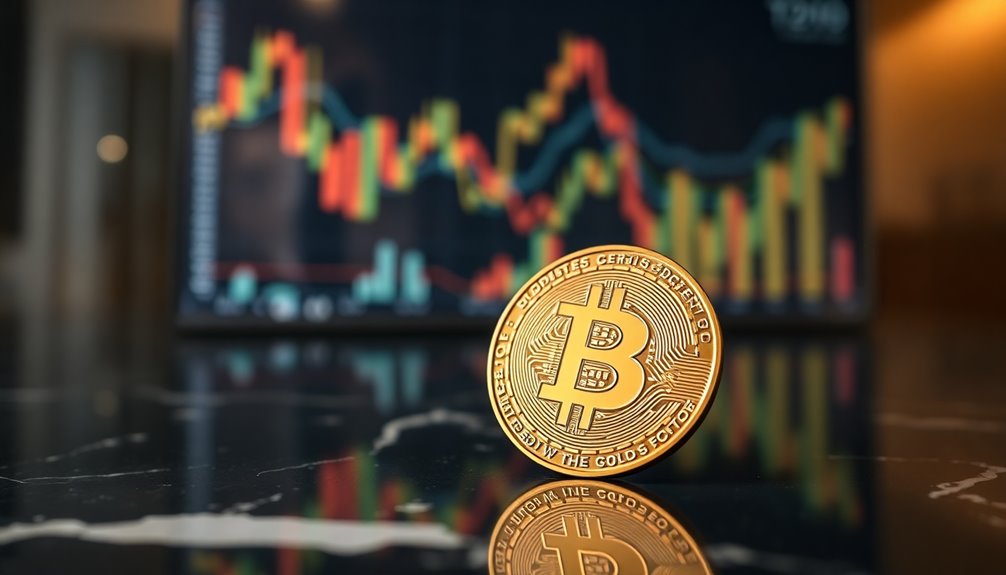You've probably noticed a shift in how people are approaching retirement savings. Local Bitcoin initiatives are gaining traction, often outpacing federal efforts in providing accessible investment opportunities. This grassroots movement is reshaping financial landscapes, especially for underserved communities. But what does this mean for traditional retirement plans, and how can you navigate these emerging options? The answers might surprise you.

As you explore retirement savings options, consider how Bitcoin's decentralized nature offers a unique opportunity to invest outside traditional financial systems. Unlike conventional assets, Bitcoin operates independently of central banks, allowing you to bypass traditional financial barriers. With just an internet connection, you can access this digital currency, making it a viable investment for anyone, regardless of their financial background. This accessibility can be particularly beneficial for historically underserved communities, providing them with alternative investment opportunities to build wealth.
However, when incorporating Bitcoin into your retirement portfolio, you'll want to be mindful of its inherent volatility. Strategies such as dollar-cost averaging can help you manage this volatility effectively. By investing a fixed amount regularly, you can smooth out the effects of price fluctuations over time. Experts suggest allocating a small percentage of your retirement savings to Bitcoin—typically around 1-5%—to balance potential high returns with the risks involved. Additionally, Bitcoin's limited supply enhances its scarcity, making it an attractive long-term asset.
Bitcoin's low correlation with traditional assets adds diversification benefits, making it an attractive option for a well-rounded portfolio.
Another advantage of Bitcoin is its tax benefits. You can integrate it into self-directed IRAs, allowing you to enjoy tax advantages similar to those offered by traditional retirement accounts. With some 401(k) plans now starting to offer Bitcoin as an investment option, this revolutionary shift may soon become more mainstream. As regulatory policies evolve and become more pro-crypto, it's likely that you'll see increased acceptance of Bitcoin in retirement planning.
Yet, it's essential to stay informed about the risks. Bitcoin's price can be highly volatile, posing a risk to your retirement savings if not managed carefully. Understanding the underlying technology and market dynamics is crucial for making informed investment decisions. Combining Bitcoin with traditional assets can help mitigate risk while enhancing your portfolio's stability.
Looking ahead, the crypto market appears to be maturing, which could lead to reduced volatility and increased attractiveness for long-term investments. Institutional support is growing, lending legitimacy to Bitcoin as a viable retirement investment.
As you navigate this landscape, keep in mind that the future of Bitcoin in retirement savings is still speculative, requiring thoughtful consideration and a well-planned approach.









